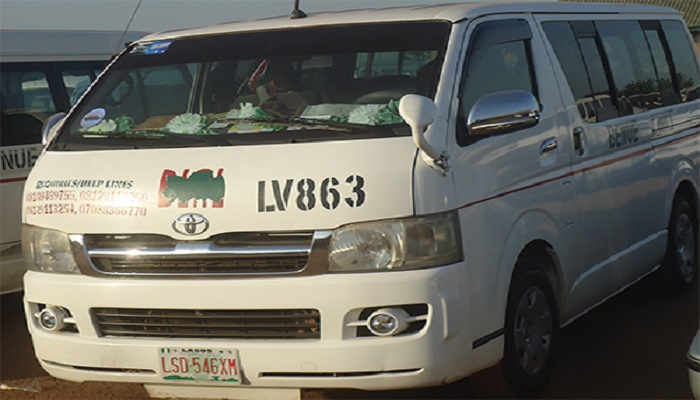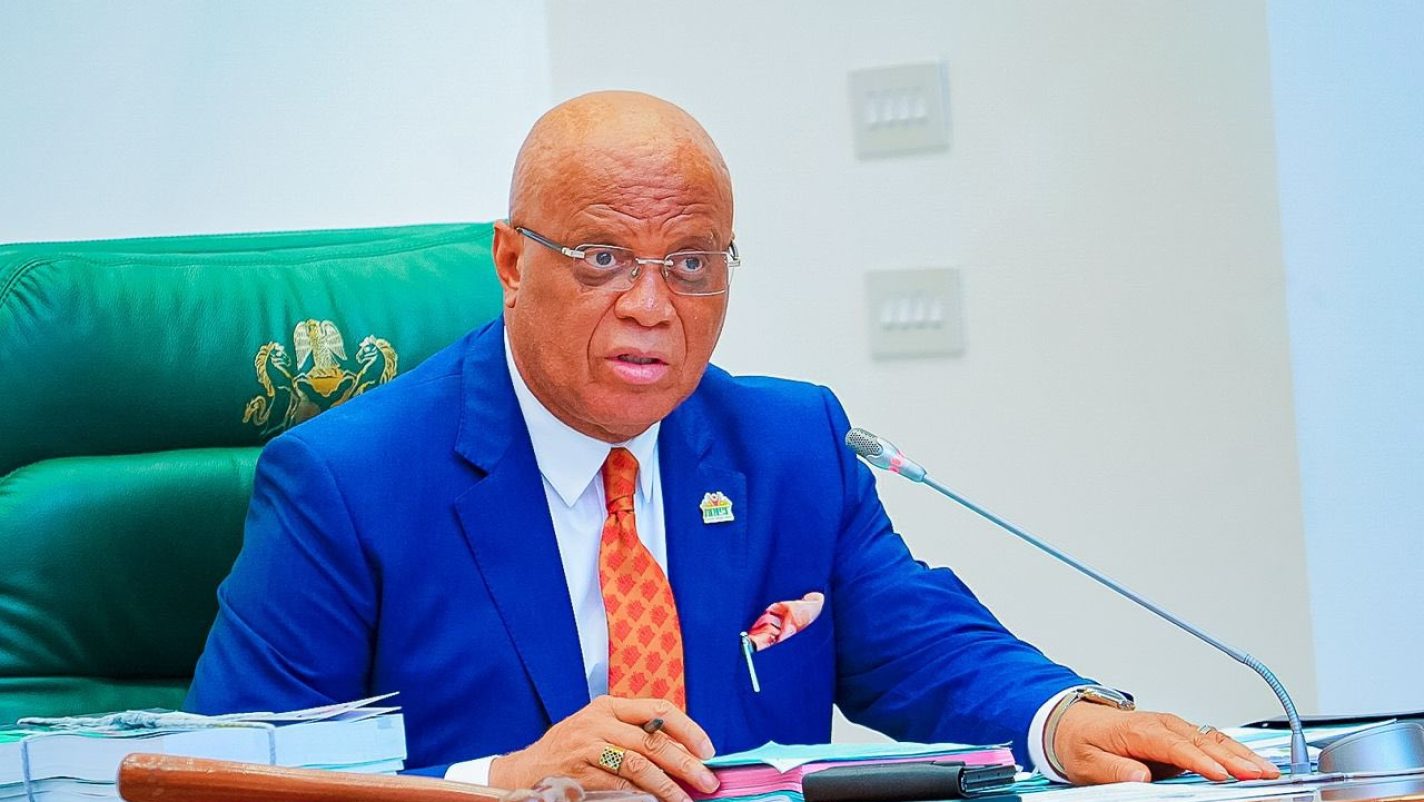South Africa: Cosatu 2025/26 Budget 3.0 Reaction Statement - allAfrica.com
The Congress of South African Trade Unions (COSATU) notes the revised 2025/26 Budget tabled at Parliament. Whilst welcoming important progressive allocations that COSATU campaigned for, we remain concerned that the Budget may not provide the stimulatory effect the economy desperately needs. We welcome government's decision to withdraw the proposed VAT hike as it would have been an unnecessary burden to workers struggling to cope with the rising costs of living. It is a positive moment in our democratic evolution, when government led by the African National Congress, shows the political maturity and humility by responding positively to the concerns of COSATU and society.
Revenue
COSATU cannot support tax hikes upon the working class and the poor who are already highly indebted. Whilst appreciating the scrapping of the VAT hike, we remain deeply distressed that for two years in a row, Personal Income Tax brackets have not been adjusted for inflation. This will see workers at the margins of the next tax bracket in danger of paying higher taxes when receiving their annual increases. This trend must be reversed.
Whilst regretting the decision not to extend VAT exemptions for additional food items or provide further fuel price relief, we urge government to pursue additional measures to cushion indigent households from poverty, in particular expanding free electricity and water.
The Federation commends the R4 billion boost to the South African Revenue Service's tax and customs compliance efforts. SARS has shown that it has the capacity to deliver. The R7.5 billion allocated to it over the Medium-Term Expenditure Framework (MTEF) is an important step towards enabling it to ramp up collection of the R800 billion in owed taxes and improving tax compliance by at least R60 billion annually. It is critical that SARS be given every possible support to achieve these tax compliance targets. The tax regime must be reviewed to provide relief for low-income earners and ensure wealthy individuals and companies pay their fair share.
Further discussions must take place on how the Reserve Bank's currency reserves can support the fiscus.
Public Services
We welcome government's acknowledgment that bleeding the public services working-class communities and businesses depend upon is reckless and harmful to the economy. The 5.4% increase in expenditure over the MTEF and allocations to frontline services, in particular including the rolling out of Early Childhood Education to 700 000 learners and tackling the school infrastructure backlog, refurbishing 660 health facilities, investing in Home Affairs' capacity, Defence and Correctional Services will be a step forward to repair damage inflicted by previous austerity budget cuts. However more must be done.
The commitment to hiring more teachers (1000 plus allocations to save 5500 existing posts), Home Affairs, police (4000), prosecutors (250) and border management officers, amongst other critical frontline personnel will boost public services; but we remain deeply dismayed by the reduced low allocations for doctors (800) and nurses.
The implementation of the public service wage agreement will help public servants heal financial wounds. We are concerned about the impact the loss of valuable skills and experience by public servants who opt for early retirement, may have upon the state's ability to provide public services. Government must move with speed to identify any ghost posts in the state, as well as boost effort to tackle corruption and wasteful expenditure.
Local Government
The rising number of municipalities battling to pay staff, including pension funds, or provide basic services as well as the doubling of municipal debt owed to Eskom to R94 billion plus Water Boards, and community debt owed to municipalities nearing R300 billion; requires drastic interventions to stabilise and rebuild local government. A new municipal funding model must be developed and the move towards the District Development Model be expedited.
State-Owned Enterprises (SOEs)
COSATU applauds the outstanding work done by Eskom and municipal workers to overcome loadshedding. We are pleased that the debt relief package has provided Eskom breathing space to ramp up maintenance. It is critical that Eskom be given more support to tackle corruption, wasteful expenditure, cable theft and bring on board new generation capacity. The allocation of R219bn for energy infrastructure will be an invaluable boost as will the electrification of an additional 300 000 homes. These measures must translate into affordable electricity if the economy, in particular mining and industry are to survive and grow.
The turnaround of South African Airways is testimony that state-owned enterprises can be turned around to once again become enablers of economic growth.
Whilst government is naturally reluctant to provide further debt relief to SOEs, Transnet should be assisted to settle its debt to free up capital for the modernisation of its port and railway network as these will unlock the mining, manufacturing and agricultural sectors, creating thousands of badly needed jobs and boosting state revenue. We are concerned by the reduction to R12.7 billion for Metro Rail's signal upgrades but hope its total R66 billion allocation will secure its efforts to return to full capacity, thus enabling 10 million workers and commuters travel quickly and save money on transport.
Treasury needs to honour its court signed business rescue agreement to provide the Post Office with the long delayed R1.8 billion injection. This should not be delayed over the MTEF.
COSATU urges government to table the Road Accident Fund (RAF) and Benefits Scheme Bills at Parliament as part of a package of interventions to set the RAF on a sustainable path and ensure its funds are directed to the poor not the wealthy, let alone insatiable ambulance chasing lawyers.
Stimulus
We welcome the additional allocation of R33bn to bring the total MTEF spending for infrastructure to R1.03 trillion, in particular roads (R402bn), water (R156bn) as well as investments in rail, ports, new hospitals and 13 000 university beds. Parliament needs to crack the whip on government to ensure these funds are spent timeously and support locally produced materials. Law enforcement must tackle the construction mafia hindering many construction projects.
The temporary relief provided for the sugar industry is welcome. More must be done to assist this struggling sector to transition as must greater support be provided for industries to adjust to the Carbon Tax. We are worried no additional support is being put in place to cushion the agricultural and manufacturing sectors, that will be hit hard if the United States does not extend the African Growth and Opportunities Act and proceeds with painful tariffs upon South African exports. We cannot afford to be complacent with an economy sitting at 1% growth and an unemployment rate of 43.1%.
The R40 billion allocated for support for industrial sectors and export opportunities, as well as R1 billion for SMMEs will not have the impact the economy requires. Engagements on a mass industrial financing plan are needed to mobilise much greater resources from the public and private sectors. This needs to be done by October's Medium-Term Budget Policy Statement. The R902 million programme to roll out the mining rights cadastre licensing system must be accelerated.
Social Relief
COSATU welcomes the substantial above inflation increases for social grants, helping 19 million recipients cope with the rising costs of living. We are however deeply dismayed that government once again failed to provide similar inflationary protection for the 8 million SRD Grant recipients. This is an absolute abomination and completely unnecessary at a minor cost of half a percent of total expenditure.
The additional R8.8 billion for Public Employment Programmes, as well as R22 billion from the Unemployment Insurance Fund for job creation programmes are a welcome shift from previous disastrous cuts but are still inadequate to make a meaningful dent in the 12 million unemployed. COSATU will be requesting urgent engagements at Nedlac on a revamped public programme that pools together various funding options, reduces corruption and wastage; and ensures recipients are paid the National Minimum Wage and receive the training and experience needed to find permanent work once exiting them.

Sign up for free AllAfrica Newsletters
Get the latest in African news delivered straight to your inbox
The R3bn pilot project for the missing middle to access support for tertiary education is positive. It must be accompanied by a clean-up of NSFAS and an inflation recovery for its threshold.
We are pleased Treasury has committed to further engagements with COSATU to finalise the next phase of the Two Pot Pension Reforms, in particular to help workers who have lost their jobs or are drowning in debt, whilst simultaneously boosting retirement savings. These reforms, initiated by COSATU, have injected over R46 billion into the pockets of more than 2.4 million workers as well as the economy.
Conclusion
We welcome the various progressive provisions in the Budget, which COSATU campaigned for, including allocating 61% for social wage expenditure. We are, however, disappointed by the failure to show any relief for the 8 million SRD Grants and government's continued shyness to drastically ramp up sufficient resources to support SMMEs, industrialisation and export sectors, as well as public employment programmes.
The Budget does not foresee growth rising beyond 2% over the next decade whilst we desperately need at least 3% growth if we are to turn the corner on unemployment. We dare not normalise a 43.1% unemployment rate. This is a ticking time bomb that will one day explode and the price of picking up the pieces will be far greater than we can afford.
COSATU is thus calling upon Parliament and Government in the run up to the MTBPS and the 2026 Budget, to initiate a national dialogue on what are our expenditure priorities and what we can live without, and what are the acceptable and unacceptable revenue streams to fund these. We cannot afford to continue to stumble along a meek path of business as usual and expect better results. A bold and decisive Marshall Plan is needed if we are to capacitate the state, stimulate growth and slash unemployment. We do not have endless time to make the bold changes our many socio-economic crises demand. COSATU will be seeking further engagements with government on these burning matters.











